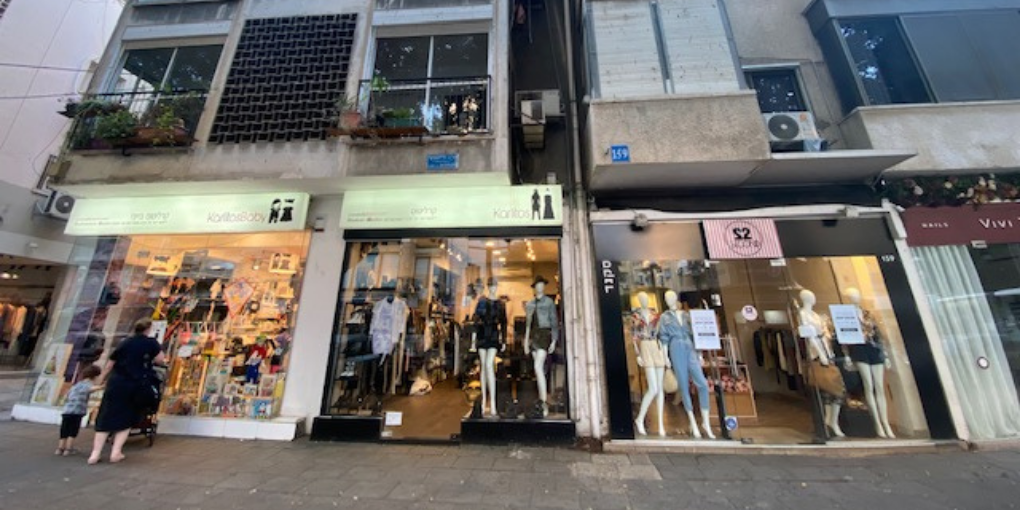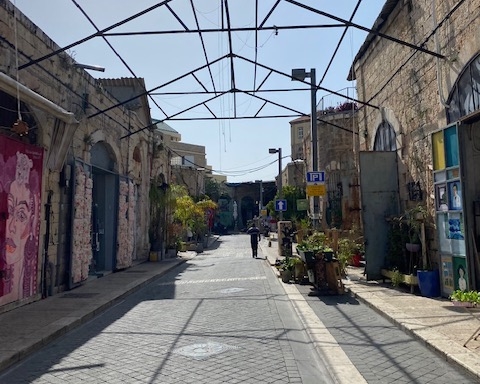Small businesses are supposed to be shut down; however, some are finding stealth ways to stay open. A flower shop starts selling “agricultural products” and herbs. A falafel shop delivers to the closest bench. A clothing store starts to sell fruits and vegetables. Coffee shops serve coffee in paper bags. Still feeling the effects of the first lockdown, many are finding loopholes in order to stay open and bring in business any way they can.

Health Minister Yuli Edelstein said he is working to fully compensate hurt businesses and hurting employees, though there is little trust and big gaps between what the government says and what gets done. The first lockdown, which ran from March to June, saw about 37,000 businesses close, including about 1,500 restaurants. By the end of 2020, up to 85,000 businesses are predicted to shut down, not only halting people’s years of hard work but also suspending the income of hundreds of thousands of employees.
As small businesses continue to struggle and refuse to shutter, the government is hoping to lift the lockdown by October 18 at the latest. There is currently an 8-phase exit strategy, which will last until February 2021 if each phase lasts two weeks as the plan mentions. While the private sector may be able to open as of next week, businesses that serve the public in person wouldn’t be able to reopen until end of November, and higher school grades would not return to classrooms until January 2021.
While many doubt the official’s 4-month proposed plan, some cities in Israel have taken responsibility to solve the corona crisis from the get-go. Mayor Tal Ohana of Yeruham, a small city in the Negev desert, understood from the first lockdown that she needed to take control of the situation, and in just a few months, turned what was a red city into a green city. By shutting down schools and non-essential businesses, being transparent and inclusive with other city officials, and leading by example, she was able to keep corona under control.
In general, recent days have seen a slowing of cases and decreasing numbers, a good sign that the extreme lockdown measures are working. Officials are planning for a reopening of the country soon, which would happen in levels. Only about 14 red cities would stay locked down and restricted. The latest numbers show 734 serious cases, and a fatality rate which has doubled in the last month reaching 2,099. In good news, the percentage rate has dropped from 11% to under 8%. Only the coming days will determine where and when Israel will re-open.








